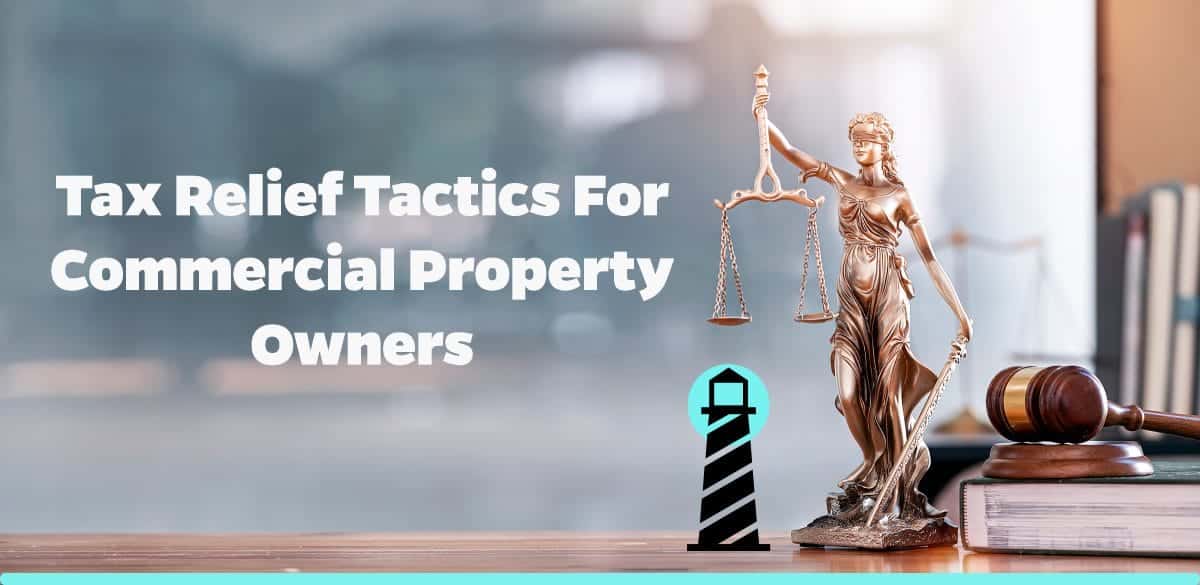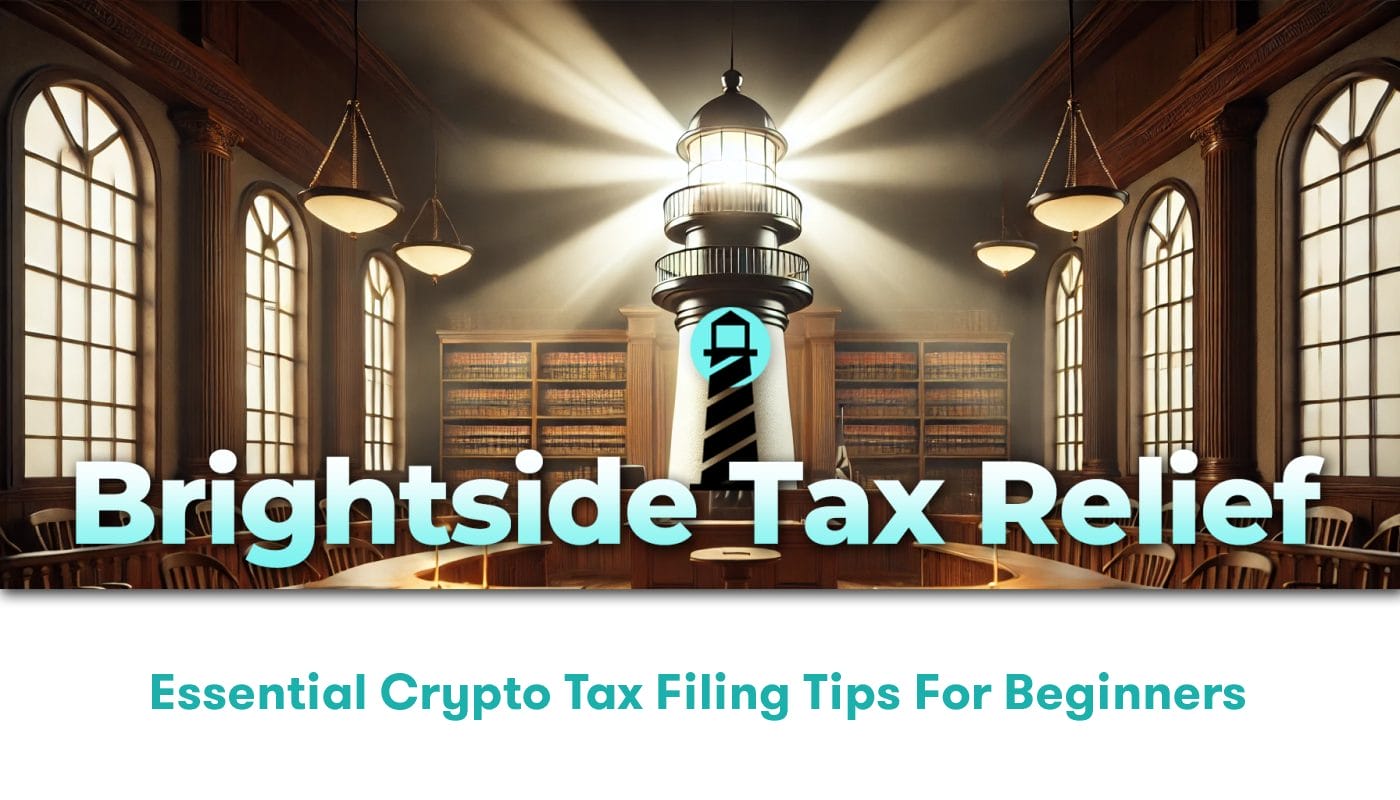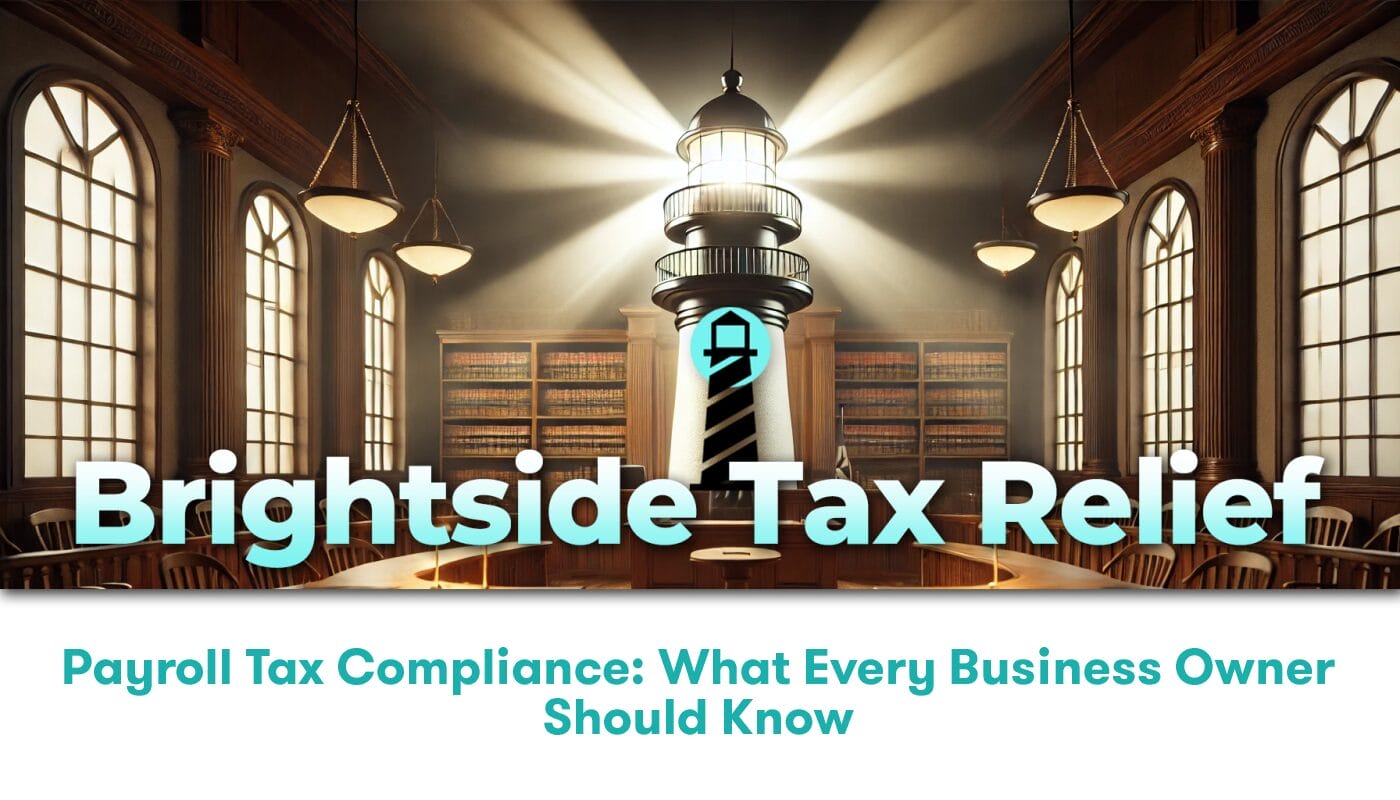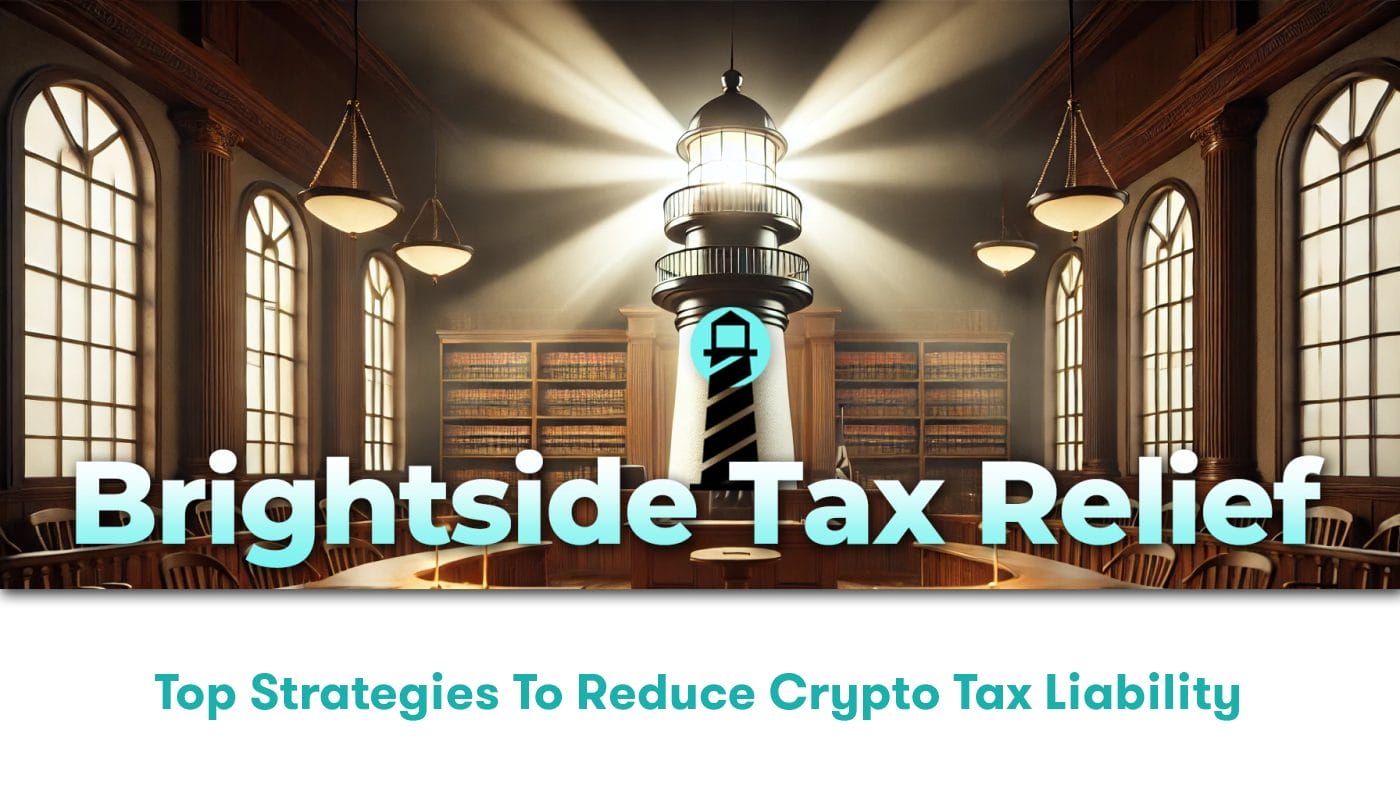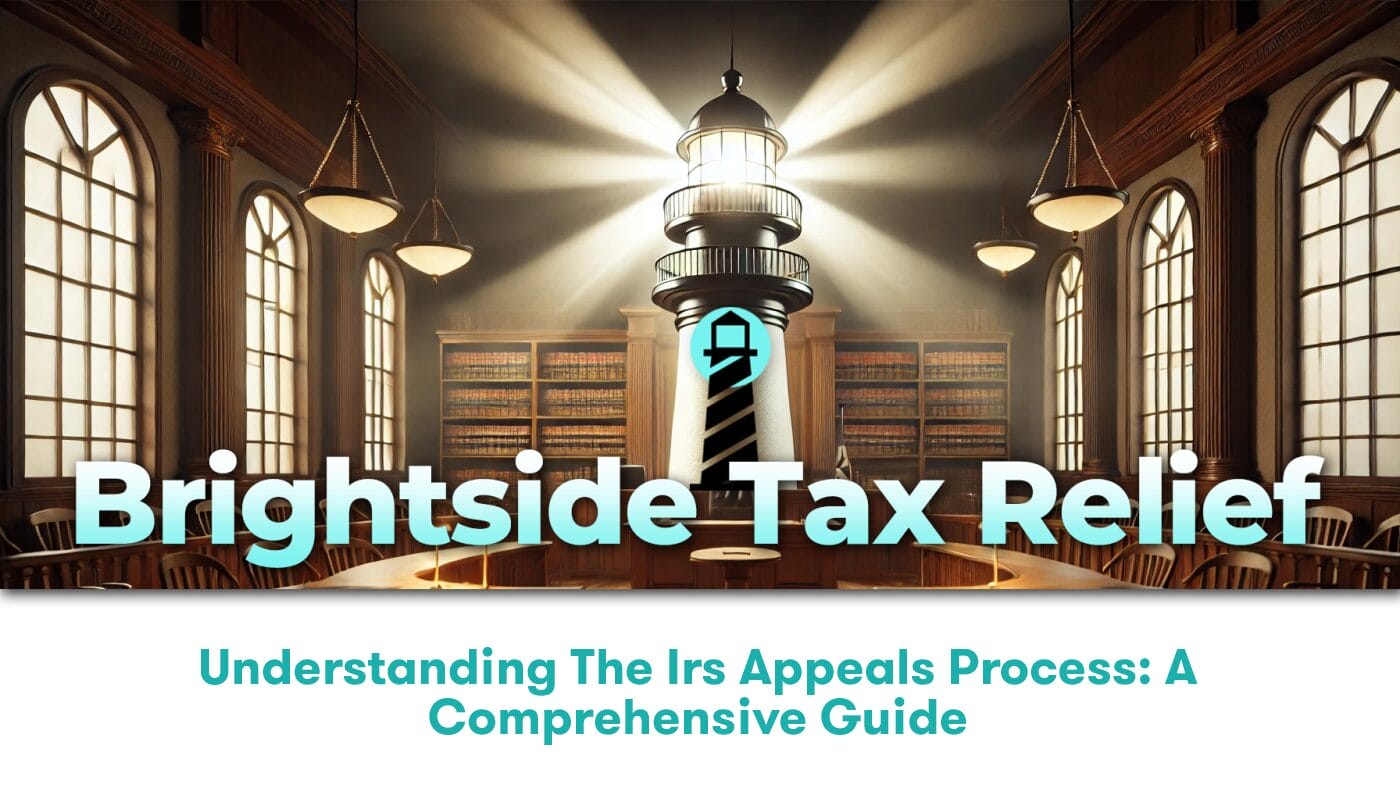Grasping the Basics: Commercial Property Tax Simplified
To effectively manage your finances as a commercial property owner, you must understand commercial property tax deeply. Commercial property tax is a levy imposed by the government on the owners of commercial real estate. These taxes are usually used to fund local and state government initiatives and operations, including schools, parks, roads, and general municipal services.
The tax amount typically depends on the assessed value of the property which includes not only the land, but also any buildings or improvements on it. Unlike residential property taxes, commercial property taxes can be far higher, given the value these properties usually represent.
Understanding How Property Value Impacts Your Tax
The ‘assessed value’ of a property is an essential component when it comes to calculating your commercial property tax. This value is determined by a local or county tax assessor, and it is based on specific criteria such as the location of the property, the size, the use, and the income it produces.
The higher the assessed value, the more you will have to pay in taxes. Hence, a proper valuation and an understanding of the process can help property owners find ways to reduce the assessed value, and by extension, lower the amount of commercial property tax.
Commercial Property Tax Relief Tactics
Now that you have a basic understanding of commercial property tax, let’s delve into some tax relief tactics that can help lessen your financial burden.
Regular Property Assessment Review: Regularly reviewing your property assessments will help identify errors or discrepancies. This does not mean that the local assessor intends to disadvantage you, but mistakes can occur.
Proactive Property Tax Management: To avoid unpleasant surprises, anticipate potential tax liabilities during due diligence and lease negotiation stages. Ensuring accurate assessment and regular management can help in identifying any potential discrepancies and dealing with them in time for a reassessment.
Property Tax Appeals: If you disagree with the assessed value of your property, you can file an appeal. This process may involve a legal representative or a property tax consultant. Evidence such as discrepancies in assessment, recent appraisals, and comparisons with similar properties can support your appeal.
Tax Abatements and Exemptions: Certain jurisdictions provide tax abatements and exemptions to incentivize business investments. These can significantly reduce tax liability, and it is advised to explore these opportunities proactively.
Venturing into Cost Segregation Techniques
An advanced tax planning strategy which can save substantial amounts in income taxes is cost segregation. By using cost segregation, commercial property owners can accelerate depreciation on specific parts of their property. This method requires a detailed engineering review of the property’s cost and results in a significant portion of the building’s components to be reclassified from a long recovery period to a much shorter one, thereby increasing tax savings.
Evaluating the Impact of Recent Tax Reforms
The Tax Cuts and Jobs Act (TCJA) brought significant changes to the taxation landscape and has also influenced the commercial property tax scenario. This change includes modifications to depreciation rules, interest deductions, 1031 exchanges, and more. Keeping abreast of these tax reforms and how they impact your tax liability could uncover additional tax saving opportunities.
Employing Professional Help
Navigating these scenarios can be complicated. Thus, engaging with knowledgeable tax advisors can be advantageous. Brightside Tax Relief, for instance, offers expert guidance on these complex tax issues and offers comprehensive tax relief solutions.
We strongly recommend browsing through valuable resources such as the IRS Commercial Property Tax index. It provides a wealth of information addressing your concerns and shaping your decisions.
Final Thoughts
In conclusion, commercial property taxes are an unavoidable component of owning commercial real estate. However, with a solid understanding of your tax obligations, effective management strategies, and professional advice, substantial relief from these taxes is possible. Remember, with proper planning and ongoing diligence, commercial property tax does not have to be a financial drain.

